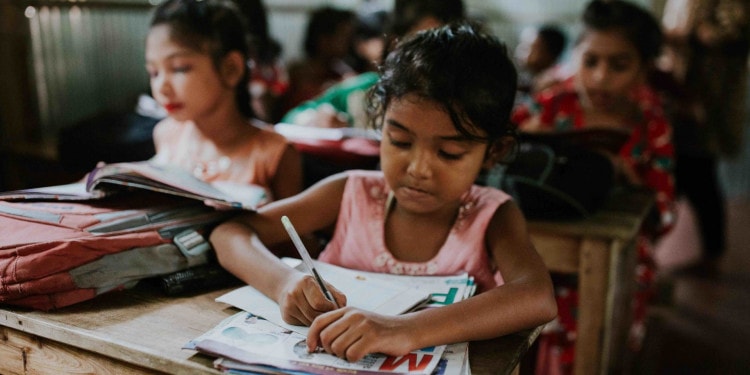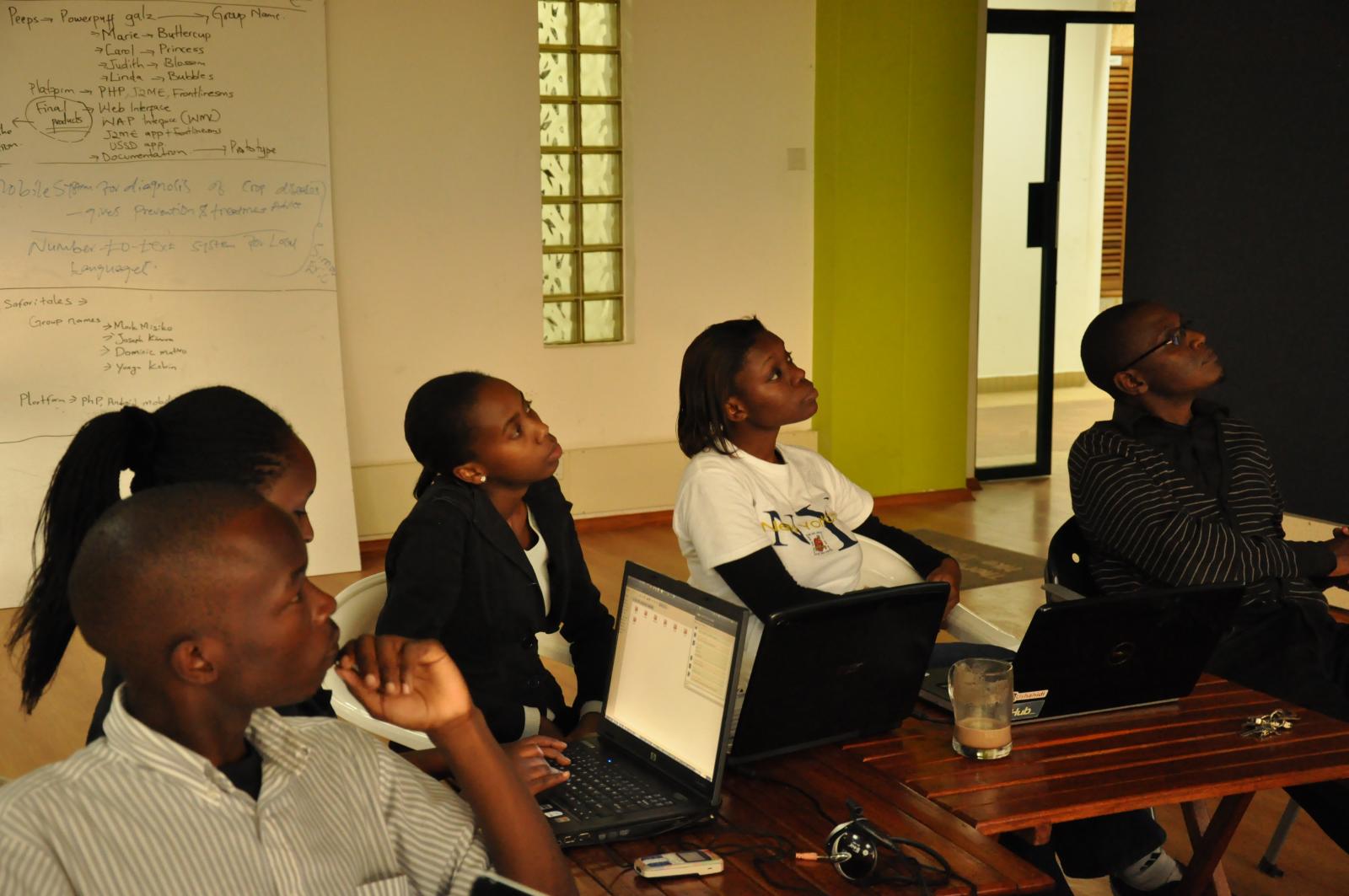Half the world’s children are not learning, many people are unaware of that. A child under eleven years of age who can read and understand a simple sentence is in the minority in low and middle income countries. Hundreds of millions of children are being left behind by the modern world and not reaching anywhere near their potential. The World Bank conceptualised this crisis as learning poverty in 2019.
For many years, our priority has been to ensure that every child has the opportunity for education by tackling access barriers and ensuring that enough schools exist to provide this service. Unfortunately, this has not been enough and further challenges remain. Mounting evidence demonstrates that quality of education is an even greater challenge. The majority of children in lower income countries have access to a school of some kind, but many are not learning.
COVID-19 has exacerbated the global learning crisis in low and middle income countries. However, all is not lost. There are an amazing amount of resources available and willingness to fix these issues, it is our aim to provide the support to create a thriving movement. The best way to tackle this global problem is to invest in the one resource in every classroom: the teachers. Children are the ultimate benefactors when teachers are supported, empowered, upskilled and effective.
This strategy is evidence-based. Teachers are the individuals with the greatest impact on a child’s learning. Yet, through no fault of their own many find themselves working in challenging environments, without access to training or continuous professional development (CPD).
We are joining the fight against this international learning crisis, alongside many other charities and organisations. As a board member of the Commonwealth Education Trust, I am pleased to say that we are taking action to reach these teachers.
Related Articles: Education Is Critical for Success in Sustainable Development Goal 6 | The Importance of Right of Children to Free and Compulsory Education Act
Teach2030 launched in the last few weeks, a new professional training resource for teachers around the world. It can be accessed via a smartphone or other devices enabling any teacher to upskill themselves in effective questioning, classroom management, assessment, and a host of other critical skills.
Teachers, education authorities, school networks and charities in Africa, the Caribbean and Asia have already taken up the platform, despite its very recent launch. Potential scale up of the platform could offer support to millions of teachers in professional development. The programme has been co-designed with teachers and partners from across the globe and is mapped to Cambridge Teaching Standards. Feedback and results we have received have been overwhelmingly positive from teachers.
Speed of execution is vital for teachers and education leaders, and felt most keenly in countries with under-developed road networks or regional divisions. We are proudly witnessing the impact of digital solutions, rolling out the programme quickly and at low cost to many teachers who may be in extremely remote situations. This solution capitalises on the rise in access to smartphones and the falling cost of internet data.
We would like to encourage teachers and education leaders in countries across the Commonwealth and beyond to consider this new tool. It has the potential to alter the opportunities and lives of many children. The scale of the challenge is enormous, but it is not an insurmountable task. By working with partners, funders, donors and governments we are already making a difference to the everyday lives of teachers and children where it is most needed.
Editor’s Note: The opinions expressed here by Impakter.com columnists are their own, not those of Impakter.com. — In the Featured Photo: Supporting a school for Rohingya refugee children in Bangladesh, June 9, 2020. Featured Photo Credit: Wikimedia Commons.










